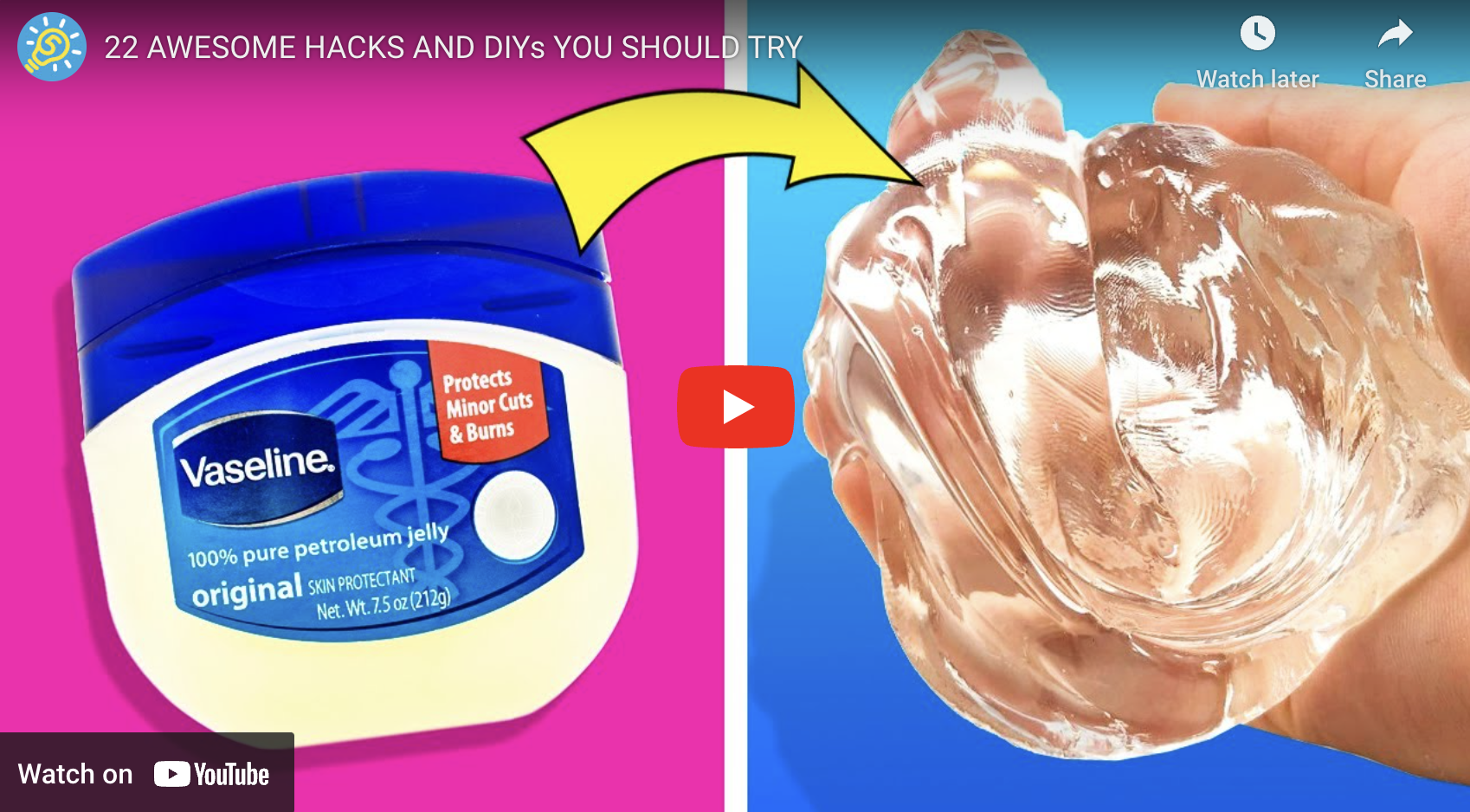Glass surfaces are a common feature in many homes, adding a touch of elegance and modernity to any space. However, one common issue that can plague glass surfaces is water stains. Whether it’s from hard water, rain, or spills, water stains can be unsightly and difficult to remove. Luckily, there are several DIY methods that can help you tackle these stubborn stains and restore the shine to your glass surfaces.
In this article, we will explore how to remove water stains from glass as it relates to do-it-yourself projects. We will also cover seven interesting trends related to the specific topic, as well as address common concerns and provide answers to help you effectively deal with water stains on glass surfaces.
Trends in Water Stain Removal from Glass:
1. Eco-Friendly Solutions: With a growing emphasis on sustainability and environmentally friendly practices, many DIY enthusiasts are turning to natural solutions for removing water stains from glass. Ingredients like vinegar, lemon juice, and baking soda are popular choices for eco-conscious individuals looking to clean their glass surfaces without harsh chemicals.
2. DIY Cleaning Kits: As more people embrace the DIY mindset, there has been a rise in the popularity of DIY cleaning kits specifically designed for removing water stains from glass. These kits typically include all the necessary tools and ingredients to effectively clean and restore glass surfaces, making the process easier and more convenient for homeowners.
3. Online Tutorials and Guides: The internet has become a valuable resource for DIY enthusiasts looking to learn new skills and techniques. There are countless online tutorials and guides available that provide step-by-step instructions on how to remove water stains from glass, making it easier for beginners to tackle this common household issue.
4. Microfiber Cloths: Microfiber cloths have become a staple in the cleaning arsenal of many homeowners due to their superior cleaning abilities. When it comes to removing water stains from glass, microfiber cloths are highly effective at buffing away stains and restoring the shine to glass surfaces without leaving behind lint or streaks.
5. DIY Glass Polish: Homemade glass polish recipes have gained popularity among DIY enthusiasts looking to achieve a streak-free shine on their glass surfaces. Ingredients like cornstarch, rubbing alcohol, and white vinegar can be combined to create a powerful glass polish that effectively removes water stains and leaves glass surfaces sparkling clean.
6. Steam Cleaners: Steam cleaners have become a popular choice for homeowners looking to clean and sanitize their homes without harsh chemicals. When it comes to removing water stains from glass, steam cleaners can be highly effective at loosening and lifting stains, making them easier to wipe away with a microfiber cloth.
7. Preventative Measures: As the saying goes, “an ounce of prevention is worth a pound of cure.” Many homeowners are taking proactive steps to prevent water stains on glass surfaces by using protective coatings or sealants that repel water and prevent stains from forming in the first place. By implementing these preventative measures, homeowners can save time and effort on cleaning and maintenance in the long run.
Common Concerns and Answers:
1. Concern: Will vinegar damage my glass surfaces?
Answer: Vinegar is a safe and effective solution for removing water stains from glass surfaces. However, it is important to dilute the vinegar with water to prevent any potential damage to the glass.
2. Concern: How can I prevent water stains from forming on my glass shower doors?
Answer: To prevent water stains on glass shower doors, consider installing a water repellent coating or squeegeeing the doors after each use to remove excess water.
3. Concern: Are commercial glass cleaners better than DIY solutions for removing water stains?
Answer: DIY solutions can be just as effective as commercial glass cleaners for removing water stains from glass surfaces. Plus, DIY solutions are often more affordable and environmentally friendly.
4. Concern: Will baking soda scratch my glass surfaces?
Answer: Baking soda is a gentle abrasive that can effectively remove water stains from glass surfaces without scratching. However, it is important to use a soft cloth or sponge when applying baking soda to prevent any potential damage.
5. Concern: Can I use a razor blade to remove water stains from glass?
Answer: While a razor blade can be effective at removing tough water stains from glass, it should be used with caution to avoid scratching the glass surface. Always ensure the blade is sharp and held at a shallow angle to prevent damage.
6. Concern: How often should I clean my glass surfaces to prevent water stains?
Answer: Regular cleaning and maintenance of glass surfaces can help prevent water stains from forming. Consider cleaning your glass surfaces at least once a week to keep them looking their best.
7. Concern: Will lemon juice remove water stains from glass?
Answer: Lemon juice is a natural acid that can help break down water stains on glass surfaces. Simply apply lemon juice to the stained area, let it sit for a few minutes, and then wipe it away with a damp cloth.
8. Concern: Can I use steel wool to remove water stains from glass?
Answer: Steel wool is a abrasive material that can scratch glass surfaces, so it is not recommended for removing water stains. Instead, opt for gentler cleaning methods like vinegar or baking soda.
9. Concern: How can I remove hard water stains from glass?
Answer: Hard water stains can be stubborn to remove, but a mixture of vinegar and water or a commercial glass cleaner specifically designed for hard water stains can help dissolve and lift the stains from glass surfaces.
10. Concern: Will rubbing alcohol remove water stains from glass?
Answer: Rubbing alcohol is a effective solvent that can help dissolve water stains on glass surfaces. Simply apply rubbing alcohol to a microfiber cloth and gently rub the stained area until the stain is removed.
11. Concern: Can I use a magic eraser to remove water stains from glass?
Answer: Magic erasers are abrasive and can scratch glass surfaces, so they are not recommended for removing water stains. Stick to gentler cleaning methods like vinegar or baking soda.
12. Concern: How can I remove water stains from glass windows?
Answer: To remove water stains from glass windows, mix equal parts vinegar and water in a spray bottle and spray the solution onto the stained areas. Let it sit for a few minutes, then wipe away with a microfiber cloth.
13. Concern: Will distilled water prevent water stains on glass surfaces?
Answer: Distilled water has a lower mineral content than tap water, so using distilled water to clean glass surfaces can help prevent water stains from forming.
14. Concern: Can I use a glass cleaner with ammonia to remove water stains?
Answer: Glass cleaners with ammonia can be effective at removing water stains from glass surfaces, but they can also be harsh and may damage certain types of glass. It is best to test a small area first before using ammonia-based cleaners on glass surfaces.
In conclusion, removing water stains from glass surfaces can be a challenging task, but with the right tools and techniques, you can restore the shine to your glass surfaces and keep them looking their best. By following these DIY methods and staying informed on the latest trends in water stain removal, you can tackle this common household issue with confidence and achieve professional results without the hefty price tag. So roll up your sleeves, grab your cleaning supplies, and get ready to banish those water stains for good!
![[Mom Prepared]](https://momwithaprep.com/wp-content/uploads/2024/12/cropped-momlogo-244x56.png)

